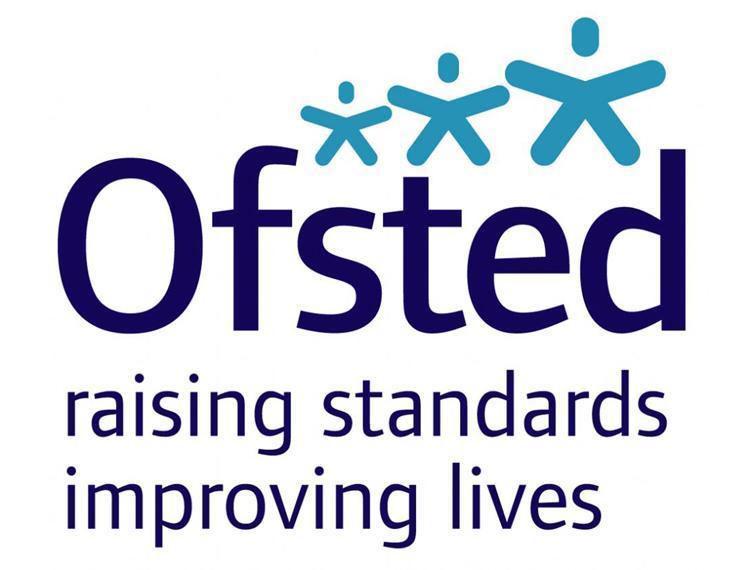Sector Response: Ofsted report on inadequate ‘Prevent duty’ to protect learners from extremism

According to the Ofsted report: How well are further education and skills providers implementing the ‘Prevent’ duty? Too many further education colleges and skills providers are leaving their learners at risk of radicalisation and extremism, an Ofsted report finds today.
The report, praises general further education colleges and sixth forms for making good progress in implementing the Prevent duty. However, the report highlights that a worrying number of providers, particularly independent learning providers, small providers and those working in isolation, are struggling to implement the duty.
Her Majesty’s Inspectors (HMI) reported that too many providers see the Prevent duty as little more than a ‘tick-box exercise’ and do not regard it as an important part of their responsibilities towards learners. In some instances, inspectors saw no effort by providers to implement the requirements of the duty, leaving learners at risk.
Nearly half of providers lacked sufficient safeguards to keep learners safe online, with learners in some cases bypassing security settings to access websites selling firearms or promoting terrorist ideology. These included one isolated instance of a learner viewing a terrorist propaganda video in the provider’s learning resource centre.
Inspectors also found evidence that some providers were failing to undertake adequate background checks on external speakers coming onto campuses to speak to learners.
There is also too little effort put into partnership working, with several local authorities failing to support providers, who were unaware of the range of advice and guidance available to them.
Commenting on the findings, Ofsted’s Deputy Director for Further Education and Skills, Paul Joyce, said:
“It is reassuring that over half of the providers visited for this survey were found to be making good progress in implementing the Prevent duty, and are ultimately keeping their learners and local communities safe. Leaders in the general further education and sixth form colleges we visited should be commended for the quick progress they have made in implementing this new responsibility.
“However, it is concerning that in some colleges and providers the progress made in implementing the duty has been slow. It is worrying that inspectors saw examples of poor practice that I’ve no doubt would shock parents and learners alike.
“I am calling on providers, local authorities and the government to take on board Ofsted’s recommendations. We need to work together to ensure that we keep learners safe and protect them from all forms of extremism.”
Ofsted has made a series of recommendations to those responsible for implementing the Prevent strategy:
– the government should make sure Prevent duty advice is offered consistently to providers and should better promote the guidance available to them
– providers need to make sure appropriate policies and procedures are in place, and develop partnerships with other providers and local authorities to increase the sharing of intelligence
– providers should also ensure staff receive appropriate training so they can identify and flag concerns
– learners should have a good understanding of British values and the threats that radicalisation and extremism can pose
FE Sector Response:
 UCU General Secretary Sally Hunt on the Ofsted report about Prevent:
UCU General Secretary Sally Hunt on the Ofsted report about Prevent:
“UCU has consistently warned that the Prevent duty risks doing more harm than good by shutting down debate on contentious topics and creating mistrust between teachers and students. College teachers have always taken their duty of care to students very seriously, so the focus on implementing the Prevent duty is both unnecessary and potentially counterproductive. The government’s vague definitions of British values and local authorities’ inconsistent advice have offered little help to providers struggling to understand the duty while still promoting open discussion and academic freedom.”
 Mark Dawe, Chief Executive of the Association of Employment and Learning Providers (AELP), comments:
Mark Dawe, Chief Executive of the Association of Employment and Learning Providers (AELP), comments:
“Working with ETF and other partners, our Prevent workshops across have regularly sold out so there is clear evidence that AELP members are taking this matter very seriously. Nevertheless, this report contains some useful recommendations for best practice which we would urge all of our members to follow.
“It should be said however that the report could have offered more recognition that work based learning mostly takes place on an employer’s premises and therefore responsibility for implementing many of the strategy’s measures falls within the employer’s remit. Providers should work with their employers to ensure that recommendations are being followed but Ofsted should acknowledge that it is a shared responsibility.”
 David Corke, Director of Education and Skills Policy at the Association of Colleges (AoC), said:
David Corke, Director of Education and Skills Policy at the Association of Colleges (AoC), said:
“The safeguarding of students is of paramount importance for further education and sixth form colleges. In these challenging times, the Prevent Duty remains at top of their agenda and many see the duty as an extension of their safeguarding responsibility.
“Colleges have been working incredibly hard to implement the duty and they will continue to do so as the threat of radicalism and terrorism is ever present. Ofsted’s report rightly identifies the good progress being made in colleges and commends the quality of staff training.
“AoC will continue to provide advice and support to colleges in this provision and we would urge local authorities to ensure that multi agency arrangements are effective and work closely with their colleges.”
What do you think? Please comment below:












Responses